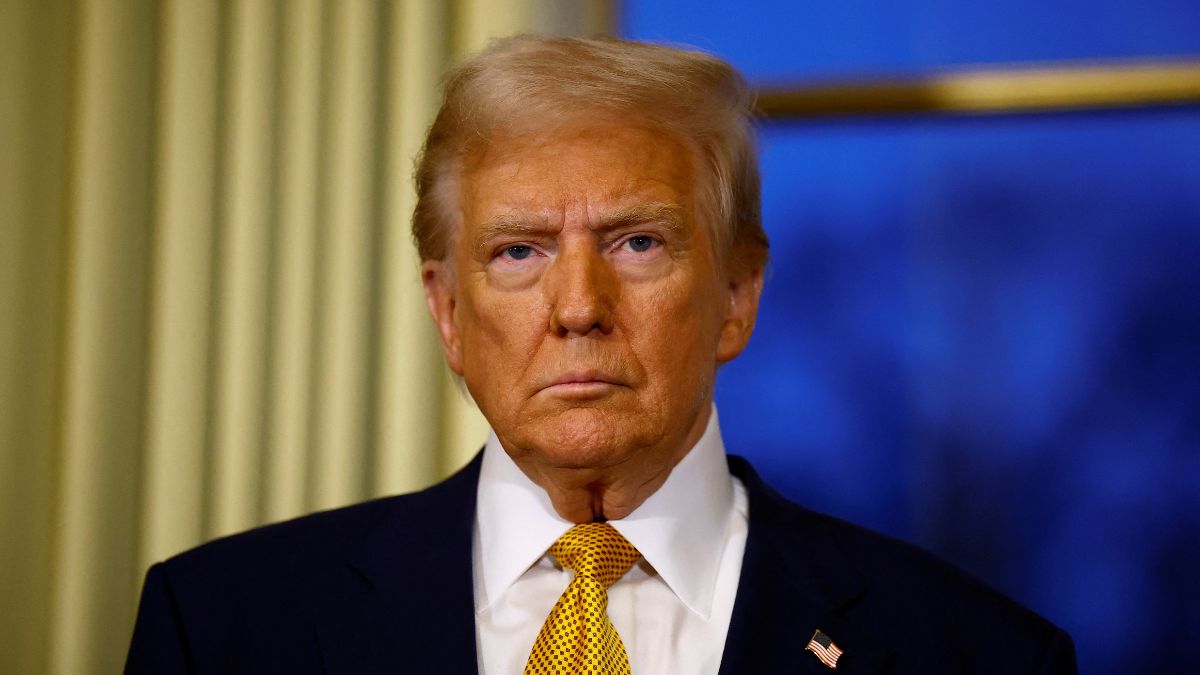US President-elect Donald Trump may recognise Somaliland, the breakaway self-governing region of Somalia.
In 1991, after a civil war, a group opposed to the federal government secured the country’s northern part along the Gulf of Aden and declared it as a new country called Somaliland. Even though the region has governed itself independently of Somalia, it lacks international recognition.
Owing to Somaliland’s strategic location, however, a number of nations have ramped up engagement with it in recent years. Some of them, such as Ethiopia and the United Arab Emirates (UAE), have entered into port deals with Somaliland as well.
Amid such a scenario, the incoming Tump administration appears set to recognise Somaliland, according to Semafor.
Such a recognition may, however, disrupt the Horn of Africa region, which include the nations of Somalia, Ethiopia, Djibouti, and Eritrea.
Such a recognition may also complicate the relationship between the United States and African Union (AU) — at least in the short term.
Joshua Meservey, an analyst at the Hudson Institute, told Semafor that Somaliland deserves recognition as “they’ve fundamentally proved they can run their own country and there’s no plausible scenario where they’d willingly return to Somalia”.
Moreover, while the recognition of Somaliland may plunge the ties with Somalia, Meservey said the country’s leaders had not done enough for the United States to not prioritise its own interests in the sub-region.
Impact Shorts
More ShortsIn the Trump administration that’s set to be brutally transactional, the support for Somaliland’s recognition stems from its strategic military and shipping interests in the region as well as countering China in the region, according to Somaliland’s Yinka Adegoke.
There are also fears that any recognition of Somaliland, that too by the United States, could trigger other secessionist movement in Africa and destabilise the continent further.
Earlier this year, Somaliland pulled off a diplomatic coup when it reached a deal with Ethiopia to lease 12 kilometers of coastline and access to Berbera for commercial and military purposes for 50 years in exchange for its formal recognition and part ownership of Ethiopia Airlines, according to Council of Foreign Relations (CFR).
)